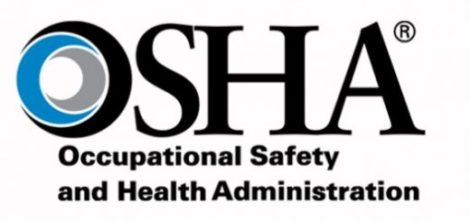
A recent decision from the Eleventh Circuit Court of Appeals demonstrates that independent contractors should actively communicate with their clients about dangerous work conditions. See Packers Sanitation Services, Inc. v. Occupational Safety and Health Rev. Comm., No. 19-11537, 2020 WL 115472 (11th Cir. Jan. 10, 2020). Packers Sanitation Services, Inc. (“Packers”) provides sanitation services to poultry processing facilities. When a facility closes for the night, Packers employees enter the facility and clean the equipment. A Packers employee was cleaning a piece of equipment at a Pilgrims Pride facility and suffered a partial amputation of a finger.
OSHA commenced an investigation and investigators met Packers representatives at the Pilgrims Pride facility. Those representatives agreed that investigators could view the machine that caused the injury. While walking to the machine, an investigator noticed a series of drains in the floor that lacked adequate covers. A Packers manager told the investigator “that the drains had been in that condition for at least a year.” OSHA added an additional citation against Packers for failure to maintain safe walking-working surfaces.
After losing its case before an Administrative Law Judge, Packers appealed to the Eleventh Circuit. Among other things, it argued that it could not be liable for failure to repair the drains because the drains were owned by Pilgrims Pride. The Eleventh Circuit rejected that argument, finding that “[t]he fact that Packers does not itself own the drains does not eliminate its responsibility to provide its employees with a safe working place.”
There are two primary lessons for Alabama employers to learn from the Packers decision. First, take OSHA investigations extremely seriously and vigorously prepare for them. OSHA investigators are not entitled to engage in a random tour of a workplace. But, if an employer gives access to any part of a facility, investigators can issue citations for any violations that are in “plain view.” Additionally, anything that an employees says to an OSHA investigator can be used against the employer. Hindsight is 20/20. But, in this case, Packers would have been well-advised to ensure (if possible) that all parts of the facility that an investigator might enter would be in good condition. Moreover, employees accompanying the inspector should have been instructed to limit all communications.
The second lesson to be learned focuses on the need for communication between contractors and their clients. Potentially, Packers may have been reluctant to point out safety violations to its client, Pilgrims Pride. Nevertheless, the Eleventh Circuit’s decision makes clear that a contractor can be liable for unsafe work conditions — even if the contractor does not own the facility where the conditions occur. Again, in hindsight, Packers should have communicated with Pilgrims Pride about rectifying the defective drains.
